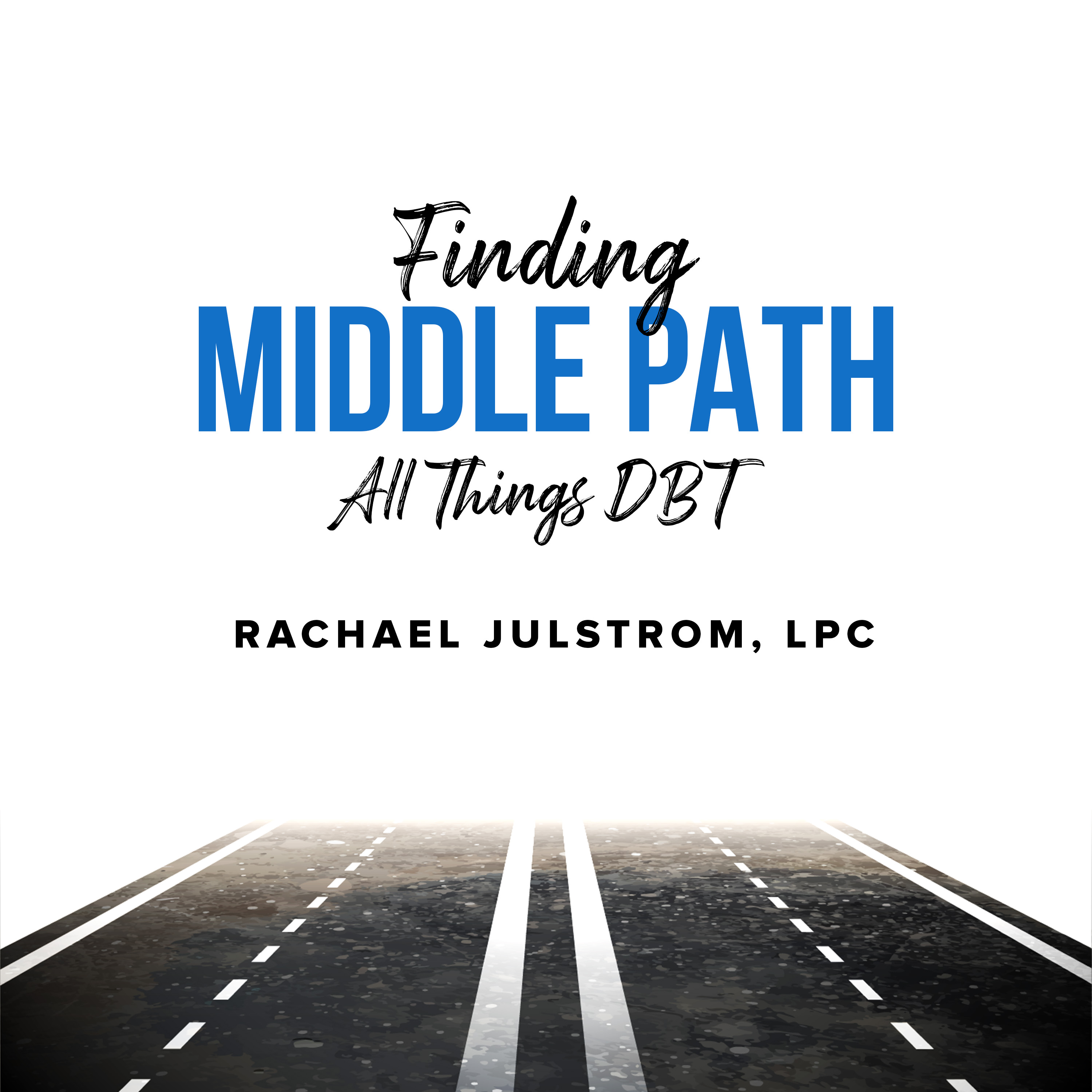MINDFULNESS: EXERCISE
What do you think of when you hear the word Mindfulness?
____________________________________________________________________________________________________________________________________________________________
| “Mindfulness means paying attention in a particular way; On purpose, in the present moment, and non-judgmentally.” Jon Kabat-Zinn |
Benefits of Mindfulness:
1. It helps you to slow down.
2. Helps you to know yourself better.
3. It helps to strengthen your concentration.
4. Learn to control ruminating thoughts.
5. Builds resiliently.
6. Helps restore from traumatic experiences.
7. Repairs the prefrontal cortex and increases impulse control.


WHAT SKILLS
OBSERVE
- Just Notice the experience.
- Watch your thoughts and feelings come and go like clouds in the sky.
- Do not push away your thoughts and feelings, just let them happen.
- Notice your body sessions – with all Senses (Seeing, smells, touch, taste, hearing)
- Practice wordless watching
Exercise: Take a quick 5-10 second glance at your surroundings, what did you notice that you didn’t before?
DESCRIBE
- Put words on the experience
- Label what you observe. Put a name on your feelings. Label a thought as a thought, a feeling as a feeling, and an action as an action.
- For example: “I feel sad right now,” or “My stomach muscles are tightening.”
- Remember: “If you can’t observe it from your senses, you can’t describe it.”
- Practice the “Who”, “What”, “Where”, “When” and “Why”
- Lean on “Just the Facts”
Exercise: Name 5-10 objects around you.
PARTICIPATE
- Throw yourself completely into what you are doing in the moment (talking, sitting, cleaning, dancing, driving, feeling emotions)
- Become one with your experience, throw your attention to the moment.
Exercise: What are you doing? – Just the Facts (i.e. – talking, breathing, eating)
HOW SKILLS
NON-JUDGMENTALLY
- Don’t evaluate. Just the Facts
- Accept the moment
- Let go of your opinions
- Acknowledge the helpful – let go of the Could, Should and Would thoughts
- Don’t judge your judging.
Exercise: Give descriptors to 5 objects around you without adding judgment (i.e. ugly, small, big, awful)
ONE-MINDFULLY
- Do one thing at a time.
- Let go of distractions.
- Think of one thing at a time.
Exercise: Pick a simple activity and spend the next 15-30 seconds just focusing on that activity.
EFFECTIVELY
- Focus on what works.
- Play by the rules. Act as skillfully as you can, meeting the needs of the moment you are in, not the one you WISH you were in.
- Let go of vengeance, useless anger, and righteousness that hurts you and doesn’t work.
- Keep your eye on what you want in the long run.
- Let go of perfectionism and leaning into imperfections,
remember being effective doesn’t mean being perfect.
Exercise: Evaluate what you are not doing right now due to “extremes.” What can motivate you to focus on moving forward? (If you need help try starting with Observe, Describe and Participate.)

